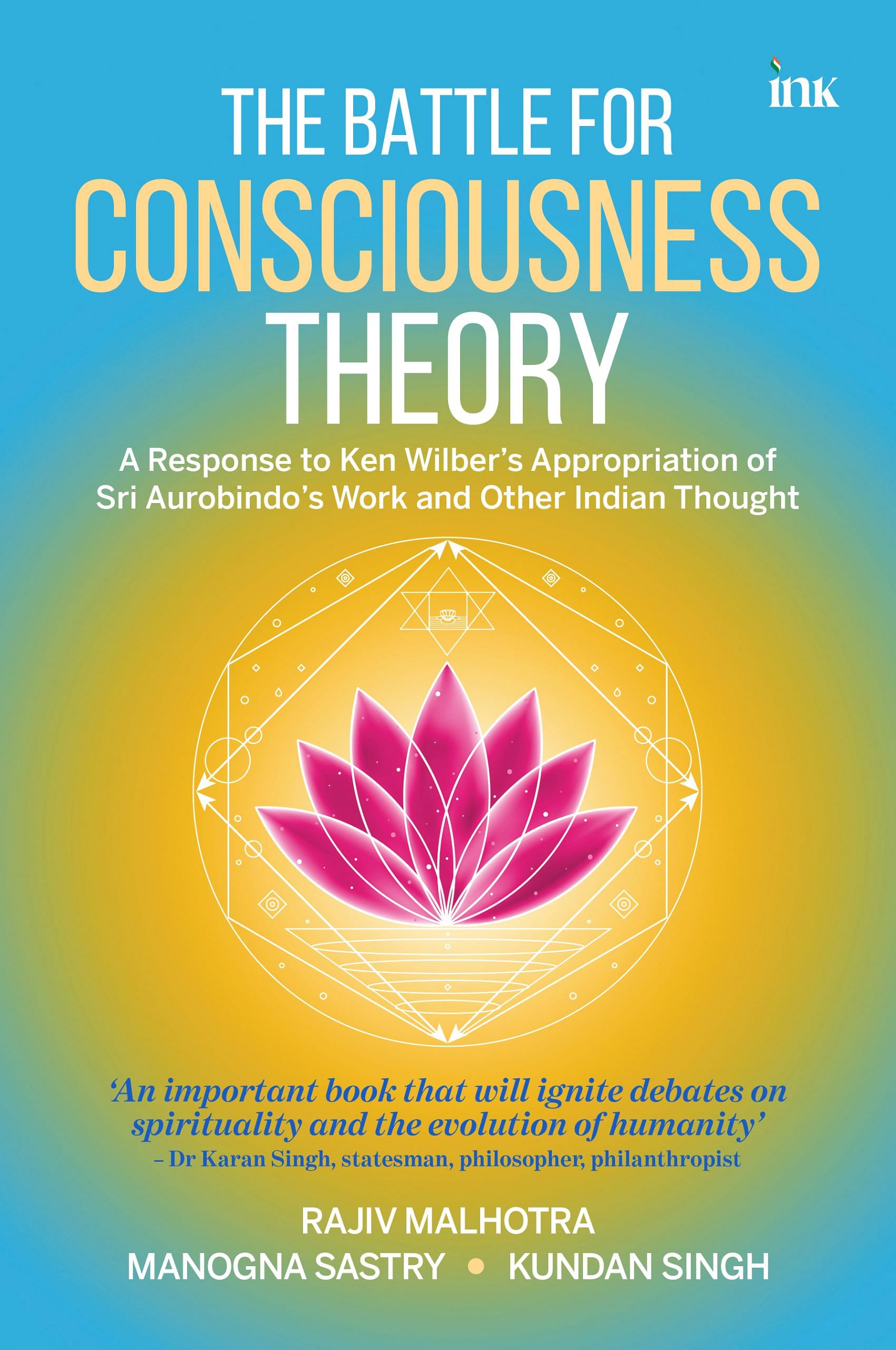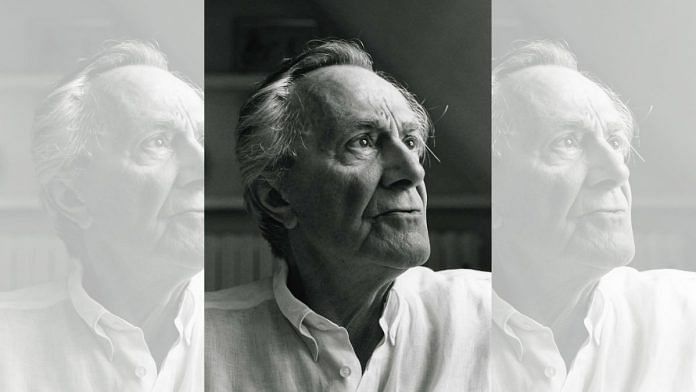Western modernity, which produced European colonialism, capitalism, Marxism, and Nazism, has been dominated by monolithic master discourses, which became hegemonic and homogenized and thereby blocked true intellectual freedom. The following beliefs characterize these grand narratives: 1) scientific materialism, technology, and medicine; (2) universal, and general truths, which are usually capable of abstract and scientific statements; (3) the self as an atomic ego separated from all others and with a true existence beneath its several roles; (4) commitment to freedom, equality, liberty, social justice, and progress in accordance with its universal truths; (5) large unitary state and national purpose, be it liberal, conservative or Marxist; and (6) large corporations and/or state planning based on consumerism as the yardstick for wellbeing and on the assumption of indefinite growth. Clearly, this was a problem peculiar to Europe’s history that cannot be universalized. Whatever did not fit this worldview was excluded or even ridiculed.
Relief came in the twentieth century with the spread of anti-authoritarian and anti-establishment movements in the West, such as anti-colonialism, anti-Vietnam War (1955-75) in the USA, and anti-fascism. These brought a whole range of counter-discourses among Western intellectuals to challenge modernity. These anti-modernity reactions became known as the ‘post’ discourses: post-structuralism, postmodernism, post-Marxism, postfeminism, post-capitalism, etc., and offered liberation and escape from modernity’s reductionist discourses.
Jean Francois Lyotard, one of the founding fathers of postmodernism, called them petit recites, which suggests that they are small, local, fragmentary narratives, and not grand, totalizing, and therefore oppressive like modernity. Lacking any centers/nexuses and being minor theories, they are said to avoid the oppressive potential of the very large, monolithic, and hegemonic master narratives that they attack. Lyotard explains that a defining feature of postmodernism is its opposition to grand overarching stories as the templates by which specific situations get interpreted. Postmodernity was the child of modernity, like a Frankenstein turned against its creator.
While postmodernism emerged as a loose collection of anti-narratives from uncoordinated multiple disciplines and domains of society, it solidified into having its own ‘toolkit of theories’ that is celebrated by intellectuals as having ‘theory power’—ironically, contradicting its very stated purpose by replacing one set of power nexuses by another.
There is no consensus on defining it, but one reasonable definition is by the following qualities: (1) alienation from objective knowledge, sometimes to the point of epistemic anarchy; belief in uncertainty principle and chaos theory, skepticism, and a tendency toward relative or personal ‘truths’; (2) plurality of sources of knowledge, which tends to be nonlinear and non-formal; (3) self as plural, moving freely among a number of independent identities; (4) stress on ecology; (5) fragmented society with a limited sense of common identity or goals; and (6) concern to incorporate those on the social margins.
Postmodernism is a specifically Western response to what was a peculiarly Western problem. This makes it very Western-centric, contrary to its ideals. The frameworks of its debates were developed strictly in the context of the West’s past and present conditions. These cannot be assumed to apply to all cultures any more than the grand narratives of history by Hegel – a pillar of modernity – can be universalized. It has created its own excesses, a supremacist outlook, and a new centralized authority.
Additionally, ideas traveling from the West to India get metamorphosized because of the receiving context. The Indian champions of postmodernism are Western-educated and promote themselves in the guise of helping victims of social injustice. Postmodernism becomes like a franchise operation of some Western franchisors that give opportunities and power to the middlemen who distribute it in the Third World. Indians serve as ‘data hunter-gatherers’ supplying case studies and examples – including fabrications or exaggerations to fit the sponsor’s requirements – in order to help ‘prove’ the theories. In return, the West protects and nurtures its intellectual sepoys in India.
We agree that postmodernism is a welcome relief when it gets applied to Western egos for their own deconstruction, but it is imperialistic when being exported as a way to self-de[con]struct the Third World.
 This excerpt from The Battle for Consciousness Theory: A Response to Ken Wilber’s Appropriation of Sri Aurobindo’s Work and Other Indian Thought by Rajiv Malhotra, Manogna Sastry and Kundan Singh has been published with permission from BluOne Ink.
This excerpt from The Battle for Consciousness Theory: A Response to Ken Wilber’s Appropriation of Sri Aurobindo’s Work and Other Indian Thought by Rajiv Malhotra, Manogna Sastry and Kundan Singh has been published with permission from BluOne Ink.






